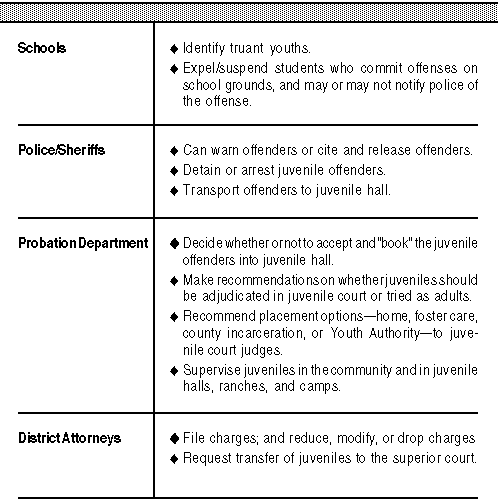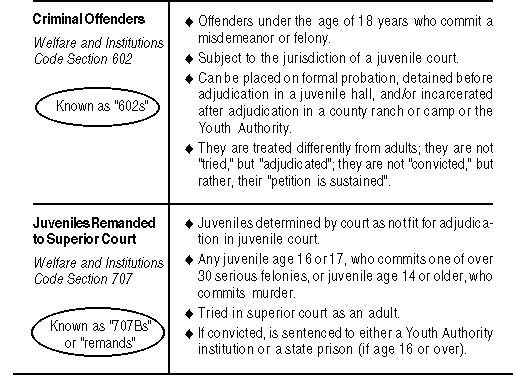The question of whether juveniles should be tried as adults is a complex and controversial issue that has been debated for many years. On one hand, some people argue that juveniles should be treated as adults in the criminal justice system because they are capable of committing serious crimes and should be held accountable for their actions. On the other hand, others argue that juveniles are not fully developed mentally and emotionally and should not be held to the same standards as adults.
One argument in favor of trying juveniles as adults is that they are capable of committing serious and violent crimes. There have been cases where juveniles have committed murders, sexual assaults, and other violent crimes, and many people believe that these individuals should be held accountable for their actions. They argue that allowing juveniles to be tried as adults serves as a deterrent to other young people who may be considering committing crimes.
Another argument in favor of trying juveniles as adults is that it can provide a sense of justice for victims and their families. When a juvenile commits a serious crime, the victim and their loved ones may feel that the punishment does not fit the crime if the juvenile is not held to the same standards as an adult. Trying juveniles as adults can help to ensure that justice is served and that the perpetrators of these crimes are held accountable for their actions.
However, there are also strong arguments against trying juveniles as adults. One of the main arguments is that juveniles are not fully developed mentally and emotionally, and therefore should not be held to the same standards as adults. The human brain continues to develop and change until a person is in their early to mid-20s, and this can impact decision-making and judgment. Therefore, it may be more appropriate to treat juveniles as minors who are in need of rehabilitation rather than punishment.
In addition, there is concern that trying juveniles as adults can have negative impacts on their development and future prospects. If a juvenile is tried as an adult and sentenced to prison, they may be exposed to more hardened and experienced criminals who can have a negative influence on their development. This can lead to a higher risk of recidivism and a greater likelihood of future criminal behavior.
Overall, the question of whether juveniles should be tried as adults is a complex and controversial issue that requires careful consideration. While there are valid arguments on both sides, it is important to weigh the potential consequences and impacts on both the juveniles involved and the broader community. Ultimately, the decision to try a juvenile as an adult should be made on a case-by-case basis and take into account the specific circumstances and characteristics of the individual in question.






